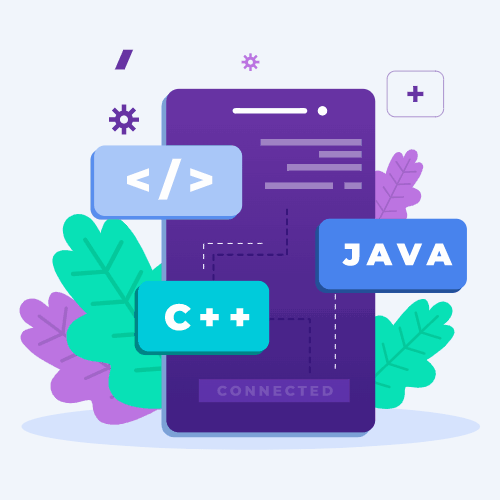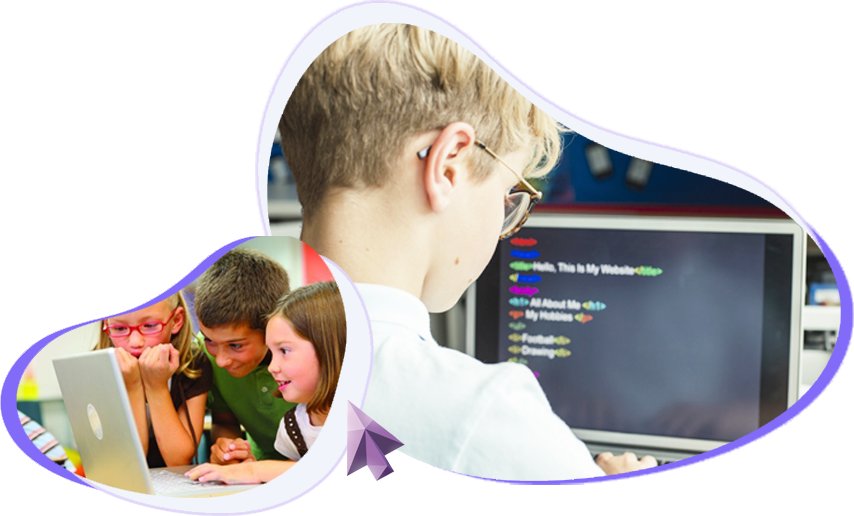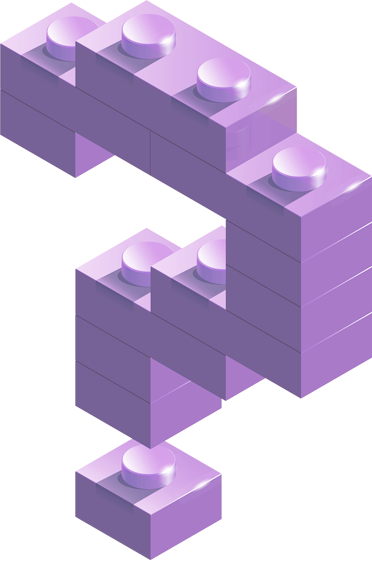Python for Kids (Level II)
Overview
Python is a general-purpose programming language used to build just about anything. Python is key for backend web development, data analysis, artificial intelligence and scientific computing, all of which are key for pursuing IT careers.
With PCAP: Programming Essentials in Python you learn to design, write, debug, and run programs encoded in the Python language. Python Level I knowledge is required prior to attend ing this class.
Used by startups and tech giants like Google, Facebook, Netflix, and more, Python offers you endless possibilities for creating
small and large-scale software projects. User-friendly with easy-to-read code, Python is a great first programming language to learn and requires no prior programming knowledge.
Python skills open you up to careers in almost any industry and are required if you want to continue to more advanced, higher paying software development and engineering roles such as software engineer, systems administrator, and security engineer.
In this course, you will learn in-demand skills such as how to design, develop, and improve computer programs, methods for analyzing problems using programming, programming best practices, and
more. The course also prepares you for the PCEP – Certified Entry-Level Python Programmer certification


Curriculum Description
The Python for Kids (II) course covers general computer programming concepts and techniques. This is the second, more advanced Pythion for Kids course.
Students have access to hands-on practice materials, quizzes, and assessments to learn how to utilize the skills and knowledge gained on the course and interact with some real-life programming tasks and situations.
Curriculum Objectives
The aim of the course is to familiarize students with general computer programming concepts like conditional execution, functions, loops, Python programming language syntax, semantics, and the runtime environment, as well as with general coding techniques and object-oriented programming.
Completing the course ensures that the student is fully acquainted with all the primary means provided by Python 3 to enable them to start their own studies, and to open a path to the developer’s career.
Industry Certification
The Python for Kids (II) curriculum helps students prepare for the PCEP-Certified PCAP- Certified Associate in Python Programming certification exam.
**PCAP - Certified Associate in Python Programming**
measures the skills and knowledge related to the more advanced aspects of Python programming, including the fundamental notions and techniques used in the object-oriented approach (OOP).
A Statement of Achievement will be issued to participants who successfully complete the instructor-led version of the *PCAP: Programming Essentials in Python* course. The Statement of Achievement will acknowledge that the individual has completed the course and is now ready to attempt the qualification PCAP — *Certified Associate in Python Programming* certification, taken through Pearson VUE computer-based testing, at a 50% discount.
Lessons
- What is a module and why do we need it?
- Importing and using modules
- Review of some useful modules
- What is a package and how does it differ from a module?
- Constructing and using packages
- PIP — the Swiss army knife for package maintenance.
- Characters, strings and coding standards
- Strings lists — similarities and differences
- List methods
- String methods
- Python’s way of handling runtime errors
- Controlling the flow of errors using try and except
- Hierarchy of exceptions
- Basic concepts of object programming
- From procedural to object approach — motivations and profits
- Classes, objects, properties and methods
- Inheritance and polymorphism
- Exception as an object
- Generators, iterators and closures
- Working with filesystem, directory trees and files
- Selected Python Standard Library modules (os, date, datet:time, calendar)
